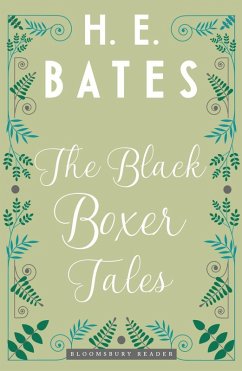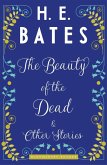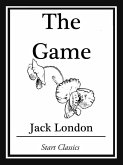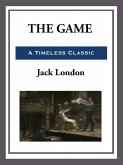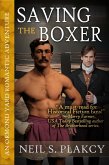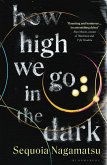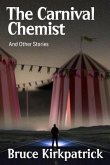The Black Boxer Tales, first published in 1932, H. E. Bates's third collection displays a growing emphasis on plot and characterisation, while amply displaying his established skill at creating plotless atmospheric pieces.
Several stories explore a sense of a new and changing world of carnivals, economic challenges and traveling performers.
The title story, 'The Black Boxer' is an intricate portrait of an aging boxer told against the backdrop of the colourful social lives of carnival workers. Having beaten a fighter twenty years his junior with a foul cut below the belt, he is left 'tired and stupefied and ashamed' in Bates's sensitive exploration of the human condition.
Bates condsidered this tale, along with 'Charlotte Esmond', also in this collection, as accomplishing his difficult transition from a focus on mood to a focus on character, thereby projecting him 'into a new world' which he is clearly relishing and mastering.
The rest of the collection is a thoughtful contrast portraying the landscape and people familiar from his previous Midlands tales, with themes of children and youth in 'A Flower Piece' and 'Death in Spring', farmland settings in 'The Mower' and 'Sheep', and looking at innocent and not-so-innocent flirtations in 'A Threshing Day for Esther' and 'Love Story' respectively.
Additionally, as a bonus story never before featured in any collection, 'The Laugh' (1926) is one of Bates's early comic tales set in his trademark rural locale with charming dialect and witty, sensitive prose. The story follows a young man, the pending visit of his rich aunt, and a sweetheart who tests his love.
The Spectator calls him 'a sensitive observer, with a quick eye for significant gesture, a tender imagination, and a sure way with words,' while the Times Literary Supplement comments on his 'mastery of both matter and manner.'
Several stories explore a sense of a new and changing world of carnivals, economic challenges and traveling performers.
The title story, 'The Black Boxer' is an intricate portrait of an aging boxer told against the backdrop of the colourful social lives of carnival workers. Having beaten a fighter twenty years his junior with a foul cut below the belt, he is left 'tired and stupefied and ashamed' in Bates's sensitive exploration of the human condition.
Bates condsidered this tale, along with 'Charlotte Esmond', also in this collection, as accomplishing his difficult transition from a focus on mood to a focus on character, thereby projecting him 'into a new world' which he is clearly relishing and mastering.
The rest of the collection is a thoughtful contrast portraying the landscape and people familiar from his previous Midlands tales, with themes of children and youth in 'A Flower Piece' and 'Death in Spring', farmland settings in 'The Mower' and 'Sheep', and looking at innocent and not-so-innocent flirtations in 'A Threshing Day for Esther' and 'Love Story' respectively.
Additionally, as a bonus story never before featured in any collection, 'The Laugh' (1926) is one of Bates's early comic tales set in his trademark rural locale with charming dialect and witty, sensitive prose. The story follows a young man, the pending visit of his rich aunt, and a sweetheart who tests his love.
The Spectator calls him 'a sensitive observer, with a quick eye for significant gesture, a tender imagination, and a sure way with words,' while the Times Literary Supplement comments on his 'mastery of both matter and manner.'

